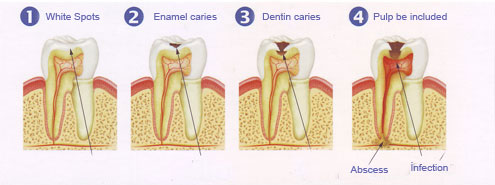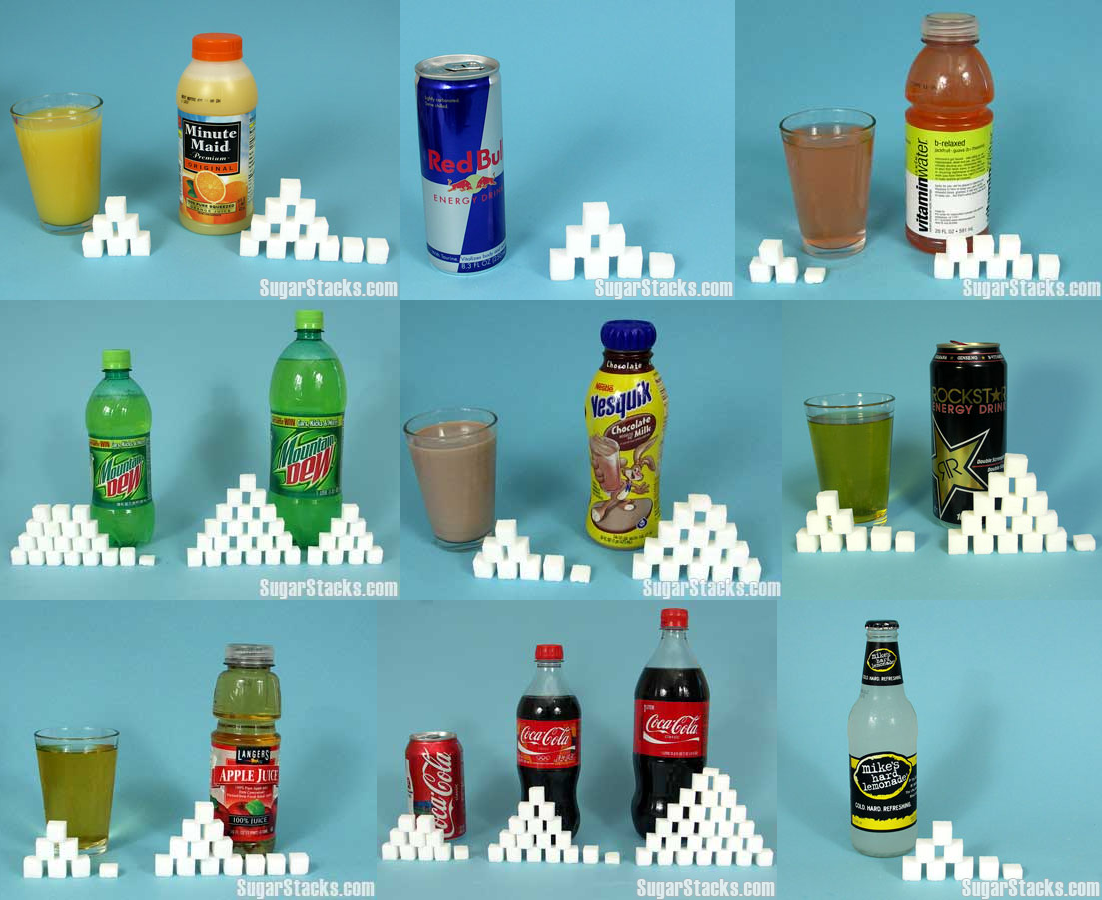Tooth decay can cause a wide range of problems so we thought we would summarise some common questions and answers in one of our popular blog posts.
Do teeth with cavities affect the surrounding teeth?
In and of themselves cavities do not affect the surrounding teeth however they may be an indication that your oral health is not quite as good as it could be, this certainly does affect the surrounding teeth. If the level of bacteria which are causing the cavity are high then it stands to reason that these bacteria could also be high on the surrounding teeth and cause similar cavities.
Why can a dry mouth cause cavities?
A dry mouth can cause cavities because the saliva is slightly alkaline and neutralises the acid excreted by the bacteria as they digest the sugar in your food. If you don’t have as much saliva as you should have then your mouth can remain higher in acidity and the acid attack on your teeth can then take hold. Smoking is one of the most common causes of dry mouth and this is why smokers tend to have more dental cavities than non-smokers.
What is the difference between root canal and teeth fillings?
From what you would see on the outside there can be little noticeable difference between the root canal and the filling however root canal fills deep down inside the inner nerve chamber of the tooth. A filling just fills the crown of the tooth.
How to treat a rotting teeth smell?
The only real way to treat rotting to smell is to treat the rot and get rid of the decay. You may find that chewing sugar-free mint gum or rinsing regularly with a mint mouthwash can temporarily abate the smell but it certainly won’t get rid of it. Only treating the underlying cause of the smell will be able to cure it completely.
How does toothpaste prevent tooth decay?
Toothpaste prevents tooth decay because it contains fluoride. Tooth decay happens because your teeth lose some of the minerals which keep them strong, this is called demineralisation. As this demineralisation happens small cavities conform into which the bacteria can hide, they then excrete their acid as they digest the sugar in your diet and the cavities get bigger. Fluoride helps to accelerate the growth of enamel crystals and also helps to initiate demineralisation of the tooth. This leaves the tooth less prone to the acid attack.
What is the purpose of dental floss and flossing?
Many people forget this most important part of their oral health routine. Brushing your teeth with a fluoride toothpaste is only a part of good oral health to prevent dental care is and protect your teeth and gums. Throughout the day a sticky surface layer called plaque build up on your teeth, this is made up of all of the bacteria in your mouth. If you don’t remove plaque then that bacteria are held against your teeth consistently. The plaque can also harden into what is known as tartar, this can then become very difficult to remove.
Because your teeth have large contact areas between them it’s very difficult to clean these areas with a regular toothbrush, your teeth are more than just the chewing surfaces, this is why dental floss or interdental brush is extremely important, to clean these difficult to reach areas to prevent cavities.
What are the stages of tooth decay?
 In the early stages of tooth decay you will get white spots on the surface of the teeth due to the demineralisation, these demineralised areas becomes softer and enamel caries (decay) begins. The tooth enamel if the extremely hard outer layer of your tooth, once the decay has gone through this it is then into the dentine caries. Because the dentine is much softer the decay can then progress rapidly.
In the early stages of tooth decay you will get white spots on the surface of the teeth due to the demineralisation, these demineralised areas becomes softer and enamel caries (decay) begins. The tooth enamel if the extremely hard outer layer of your tooth, once the decay has gone through this it is then into the dentine caries. Because the dentine is much softer the decay can then progress rapidly.
The final stage is that the inner pulp of the tooth becomes infected, possibly leading to an abscess.
It is so important to treat the early warning signs of dental caries prior to its progression through to an abscess.
Can one reverse tooth decay or a cavity?
At the very earliest stages when white spots are indicating demineralisation this can be reversed with topical application of fluoride. This can help re-mineralise and strengthen the tooth. However, once the caries has taken hold into the enamel the only way to stop it is to have it completely removed and a filling placed to replace the missing enamel.
Which foods and drinks containing sugar cause tooth decay?
Sugary snacks that you eat or drink daily are some of the biggest culprits and causes of tooth decay. Bearing in mind that scientific nutrition experts recommend that no more than 5% of your daily calories should come from added sugar representing about 7 teaspoons, take a look at what these popular drinks contain!

With so much sugar in drinks, even things which we would consider healthy, like orange juice it’s important to monitor the amount of sugar you consume.
Processed foods, particularly things like ready meals also contain large amounts of sugar, so it’s really important that you are not just counting sugar as any added sugar the add to things like tea, coffee and cereal in the morning. Make sure you look at the packaging and take a look at the amount of sugar that all of your food contains.

